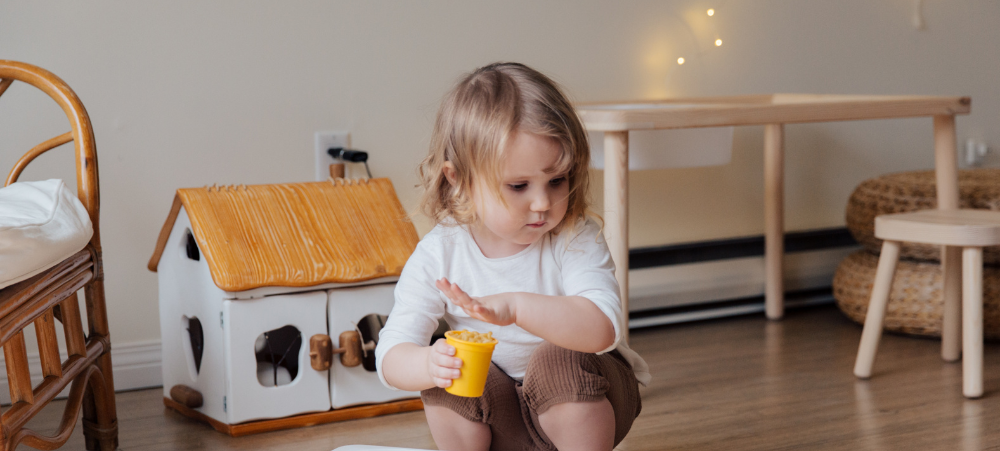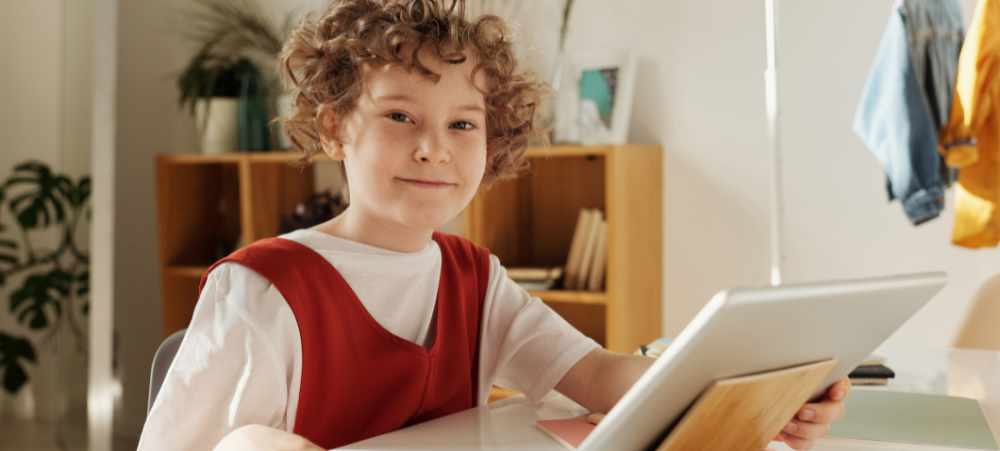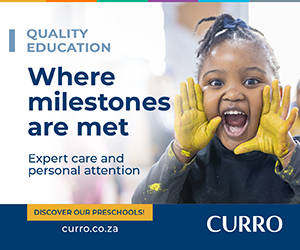
The importance of Sensory Play
From birth through to early childhood, children use their senses to explore and try to make sense of the world around them. It is critical to provide children with opportunities to use all their senses to explore their world through “sensory play” as each new sensory experience helps to build neural pathways in the brain, which assist with brain development and the child’s ability to complete more complex learning tasks in later years. A variety of sensory activities allow children’s brains to create stronger connections to be able to process and respond to sensory information. Any neural pathways which are not established will eventually die off. Sensory play includes any activity that stimulates a young child’s senses of touch, sight, smell, taste, and hearing as well as anything that involves movement and balance. I will explain this now. We are all familiar with the 5 basic senses of Taste, Touch, Smell, Sight, and Hearing. But there are two other very important senses people are not always aware of: Proprioception (Body Awareness) – When a baby or child moves, information from the muscles and joints are sent to the brain. The receiving and interpreting of this information is proprioception. This enables us to gain a sense of where our bodies are in space – Body Awareness. Vestibular system – The stimulation of the vestibular system of the inner ear tells the baby where their body is in relation to gravity. It helps to orientate the baby, It is important for the development of balance and postural control, and for the development of spatial orientation and perception. It strengthens the eye movements necessary for reading. It also promotes emotional stability and encourages pleasure in movement. Babies and children need to be exposed to different kinds of movement to ensure the proper development of the Vestibular (Balance) system. These different movements should include forwards and backward ( Like walking, running, swinging), Sideways ( rocking side to side, running sideways), Up and down ( lifting up and down, jumping up and down), Rotating head ( rolling from point A to B along the floor, somersaulting), Spinning ( going round and round, winding up a swing and then letting it unwind). Stimulating the Senses While it is important to stimulate all the senses in early childhood, The Tactile and Vestibular Systems are the most important systems in early development as they are the first systems to develop in Early development. (The baby was exposed to tactile and vestibular stimulation while in the womb). I have covered some ways to stimulate the vestibular system above. Now I would like to discuss more ways to stimulate the Tactile (Touch) system. Fine nerve endings found throughout the skin enable the sense of touch. The skin needs to be exposed to a variety of different textures and materials to enable children to discriminate between different sensations like rough, smooth, hard, soft, hot, cold, heavy, light etc. Because the receptors are found throughout the skin it is important to expose as much of the skin to a variety of different textures. But remember all stimulation must be offered in a play and fun environment and we must ensure we do not overstimulate babies and children. Just offer opportunities for them to explore and touch a variety of textures in a fun, playful environment and allow your child to explore at their own pace. Play with your child and describe the different textures – wet, dry, hot, cold, rough, smooth, etc. Simple things like walking bare feet, rolling across the grass with as little clothing as possible, and playing in a sandpit or in water with as little clothing as possible. Playing with a variety of textured materials and ideally letting your child feel the textures over their entire body – feathers, beans, polystyrene chips, rice, spaghetti, playdough, leaves, sand, etc. Playing with messy textures is also important. Like mixing cornstarch with water, playing in mud and water, playing with shaving foam, soapy bubbles, dry flour or flour and water, finger paints, etc. As mentioned children learn through ALL their senses – so here are a few points on the other sense too.: Auditory sensory play – let your child listen to different sounds while sitting in the garden – birds, airplanes, cars, trees rustling. Imitate animal sounds. Experiment with making different sounds – loud and soft, high and low. Tap out different rhythms using kitchen utensils. Read out loud together often. Listen to Nursery rhymes and fun songs. Visual sensory play – use torches in the dark and create interesting shapes, watch shadows on the wall, let them chase their own shadow, watch leaves blowing in the wind, exposing them to a variety of colourful lights, and help them identify objects in pictures, encourage them to track moving objects like balls, etc. Taste and smell – expose your child to a variety of food items to taste and smell – so they learn about sweet and sour, bitter, salty and spicy. Describe the tastes and the smells. Expose them to flowers, perfumes, fresh bread, etc. Sensory Play has many benefits. As discussed above children learn about and explore their environments through their senses. In this way, sensory play establishes neural pathways in babies’ and young children’s brains, which are important for all later learning. There are also many opportunities for developing fine motor skills by picking up different textured objects, and squishing and squeezing things – which develops pre-writing skills. There is potential for early maths skills by discussing size, weight, height, shape, counting, etc. Messy activities are excellent for encouraging vocabulary and language development. Always make the sensory play and the exploration fun and allow your child to explore at their own pace. You can play alongside them at times to describe the different textures, tastes, sounds, etc – but never bombard your child with information – allow them just to play, explore, figure their world out for themselves and most importantly have fun.



































